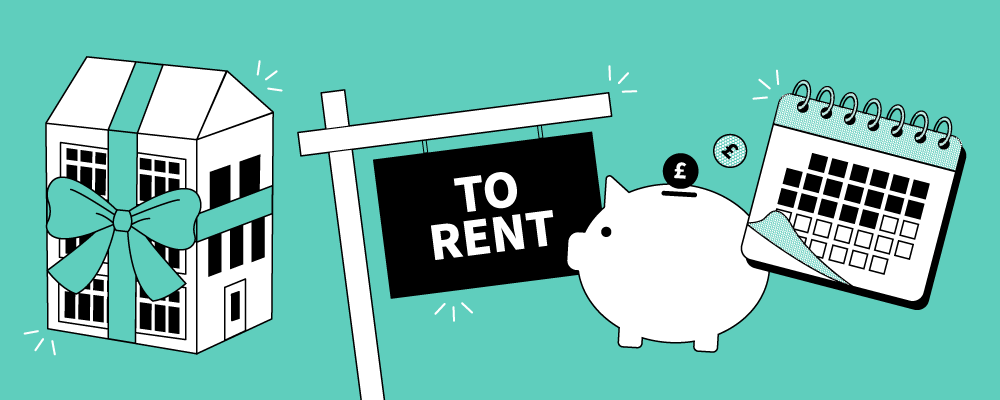
Choosing a solicitor or conveyancer to handle your property purchase is clearly not as exciting as choosing the property itself. Yet it’s an important decision. A good one will speed things along, keep you updated and make you feel supported. A bad one could drag their feet, leave you in the dark – and potentially even make costly mistakes.
Key takeaways
Pricing and quotes
• Ask about the cost: Obtain quotes from different conveyancing solicitors to ensure you’re getting a good deal
• Check for itemised quotes: Make sure third-party costs (like local authority searches and Stamp Duty) are included in the conveyancing fees
Case handling
• Know who will handle your case so you can communicate effectively and address any concerns
Communication
• Clarify how often you’ll hear from your conveyancer during the process
• Regular updates and calls are crucial to keep you informed and reduce frustration
What is the difference between a solicitor and a conveyancer?
Solicitors operate under the Solicitors Regulation Authority, while conveyancers operate under the Council for Licensed Conveyancers. Both are fully regulated and insured, but there is a key difference.
Solicitors are qualified lawyers who can offer a wider range of legal services, which makes them more expensive. Licensed conveyancers are specialist property lawyers who focus mainly on residential transactions.
What to ask your solicitor or conveyancer
Below, we’ve listed some essential questions to ask your solicitor or conveyancer.
1. How much will you charge?
Solicitors and conveyancers may charge a fixed fee, a percentage of the property price, or by the hour. We recommend getting quotes from three different firms to compare costs. These should include charges for:
• Local searches
• Bank transfers
• Land Registry fees
• Stamp Duty, Land Transaction Tax, and Land and Buildings Transaction Tax (where applicable)
• Other costs, including postage and courier services
Your solicitor or conveyancer should ask what type of property you’re buying before generating your quote. If they don’t, check the small print for clues about additional costs and hidden extras.
2. Which bodies are you a member of?
Solicitors should be regulated by the Solicitors Regulation Authority and conveyancers by the Council for Licensed Conveyancers.
3. Are you approved by my mortgage lender?
If you’re taking out a mortgage, ensure your solicitor is on your mortgage lender’s panel. Lenders usually only deal with certain solicitors who pay them for the privilege at the end of the sale.
If your solicitor isn’t on their panel, you may need to pay for the bank’s representation fees – typically around £200.
4. How long will the process take?
The conveyancing process usually takes between 8 and 12 weeks. It can take less time if your case is simple or longer if you’re in a chain or buying off-plan.
5. When do I need to pay conveyancing fees?
Conveyancing fees are usually paid upon completion of the sale. However, most solicitors require a deposit when you hire them. This is often around 10% of the estimated total cost of their services.
6. Who will I be dealing with?
When choosing a solicitor, it’s a good idea to establish a strong relationship right off the bat. Ask them who will be handling your case on a day-to-day basis. Choose a firm with a wide range of conveyancing experience and check that they have holiday cover. This is especially important if you’re planning your move around Christmas or Easter.
7. How often will you update me?
Your solicitor or conveyancer should be in regular contact with you. A good question to ask your conveyancing solicitor is what their method of contact is. Think about whether you prefer:
• Traditional face-to-face and phone contact
• Letters in the post
• The convenience of email contact
• Access to an online tracking system
You should ask your solicitor how often they will update you – and if you want to be updated more regularly, ask if that’s possible.
8. What happens if the purchase falls through?
If your purchase falls through, one of the biggest costs you could face is the legal fees.
For peace of mind, choose a solicitor or conveyancing firm that works on a ‘no-completion, no-fee’ basis. This way, if your transaction falls through, you won’t have to pay any legal fees – just the expenses that have been incurred on your behalf.
9. What’s your procedure for disputes?
It's important to understand how solicitors or conveyancers deal with disputes to determine whether they’re professional and reliable. This gives you an idea of their customer service and offers peace of mind should anything go wrong.
10. Where can I check reviews?
Checking for reviews can help you narrow down your options. Once you’ve made a shortlist of a few legal firms, you can use several review sites, including Trustpilot, The Law Superstore, and Review Solicitors, to see what customers are saying about their services. Some firms will also have a testimonials section on their website.
If you’re looking to buy your new home, you’ve come to the right place. Browse our new homes for sale in London and unique homebuying offers. Call our Sales Advisers today to learn more.


